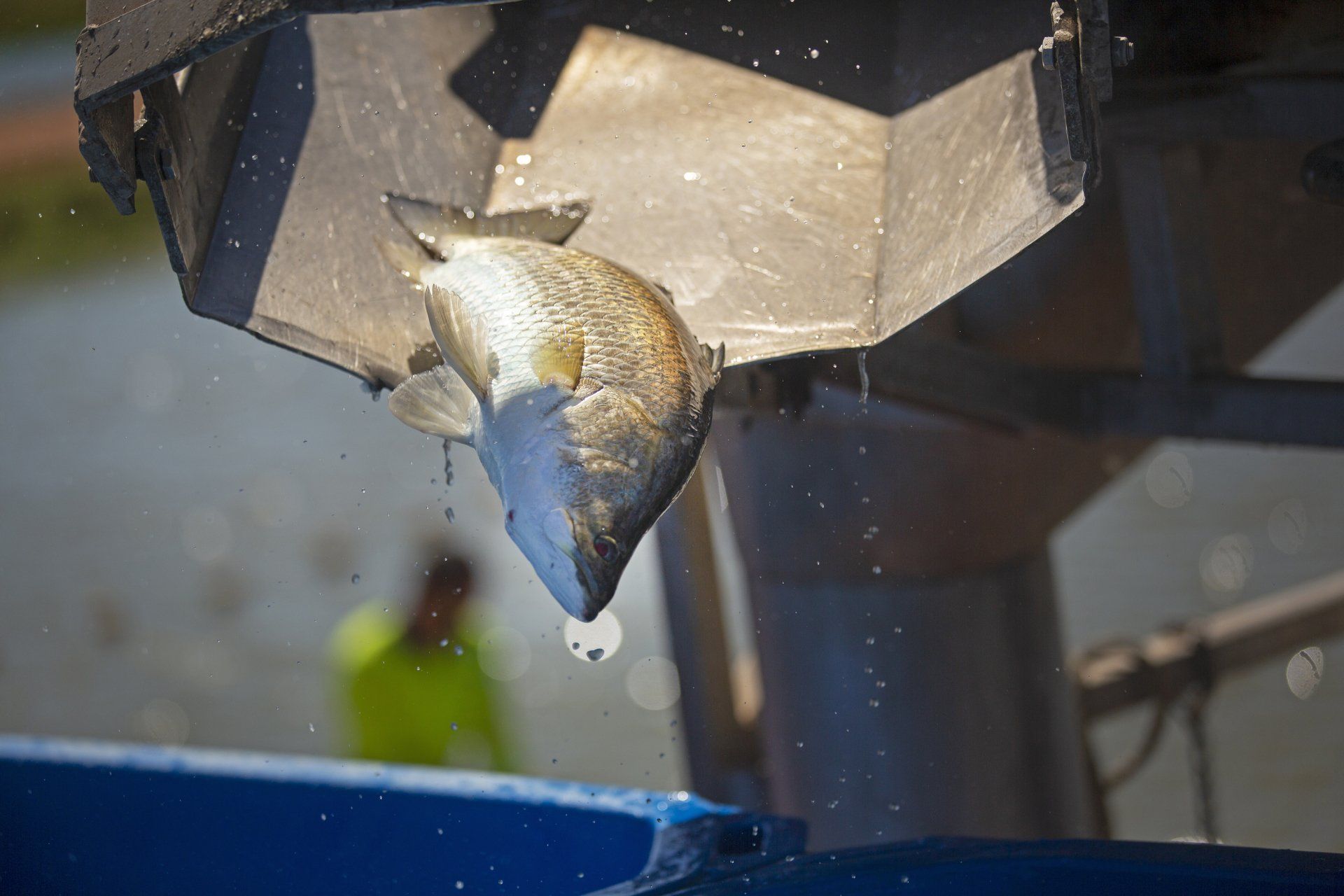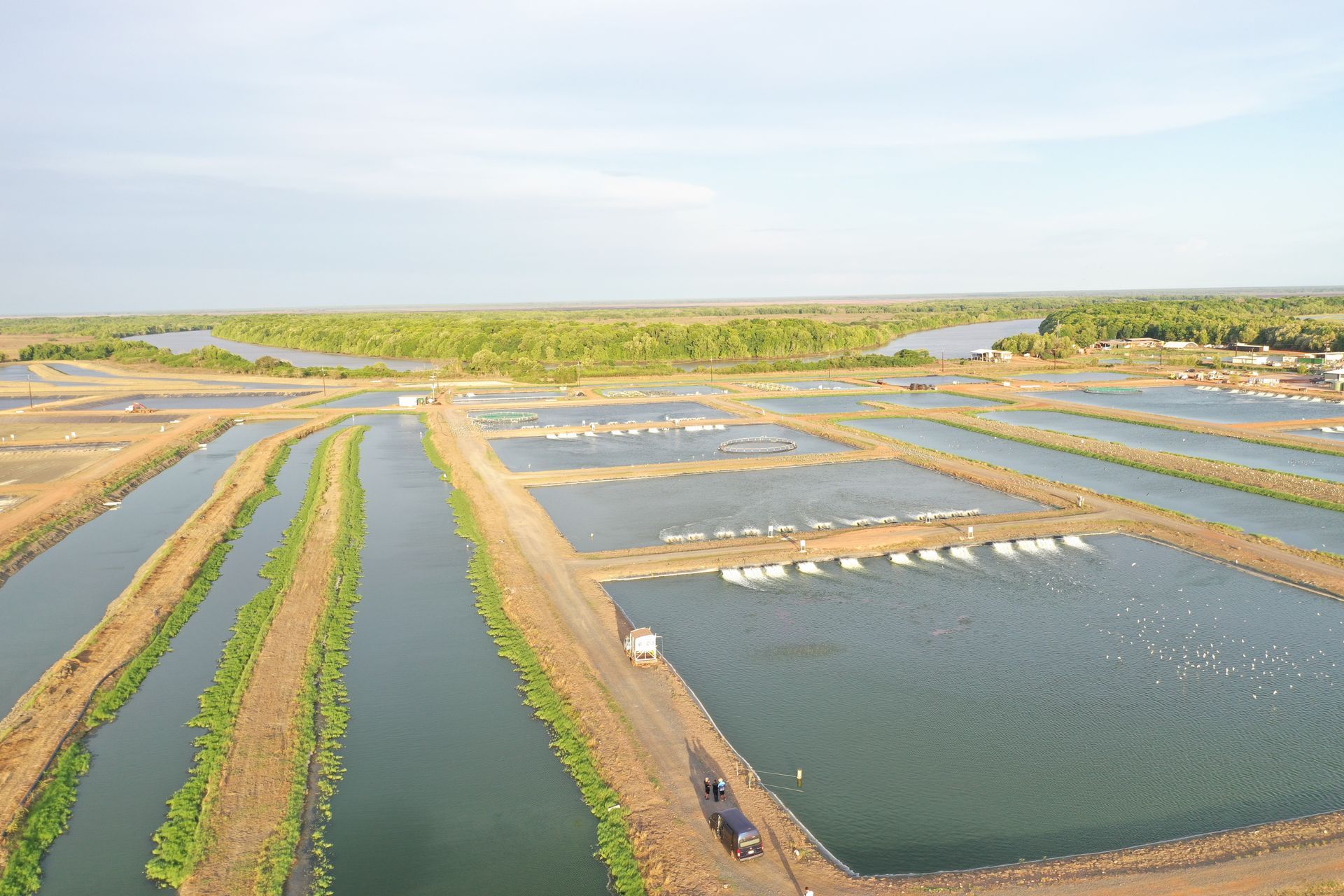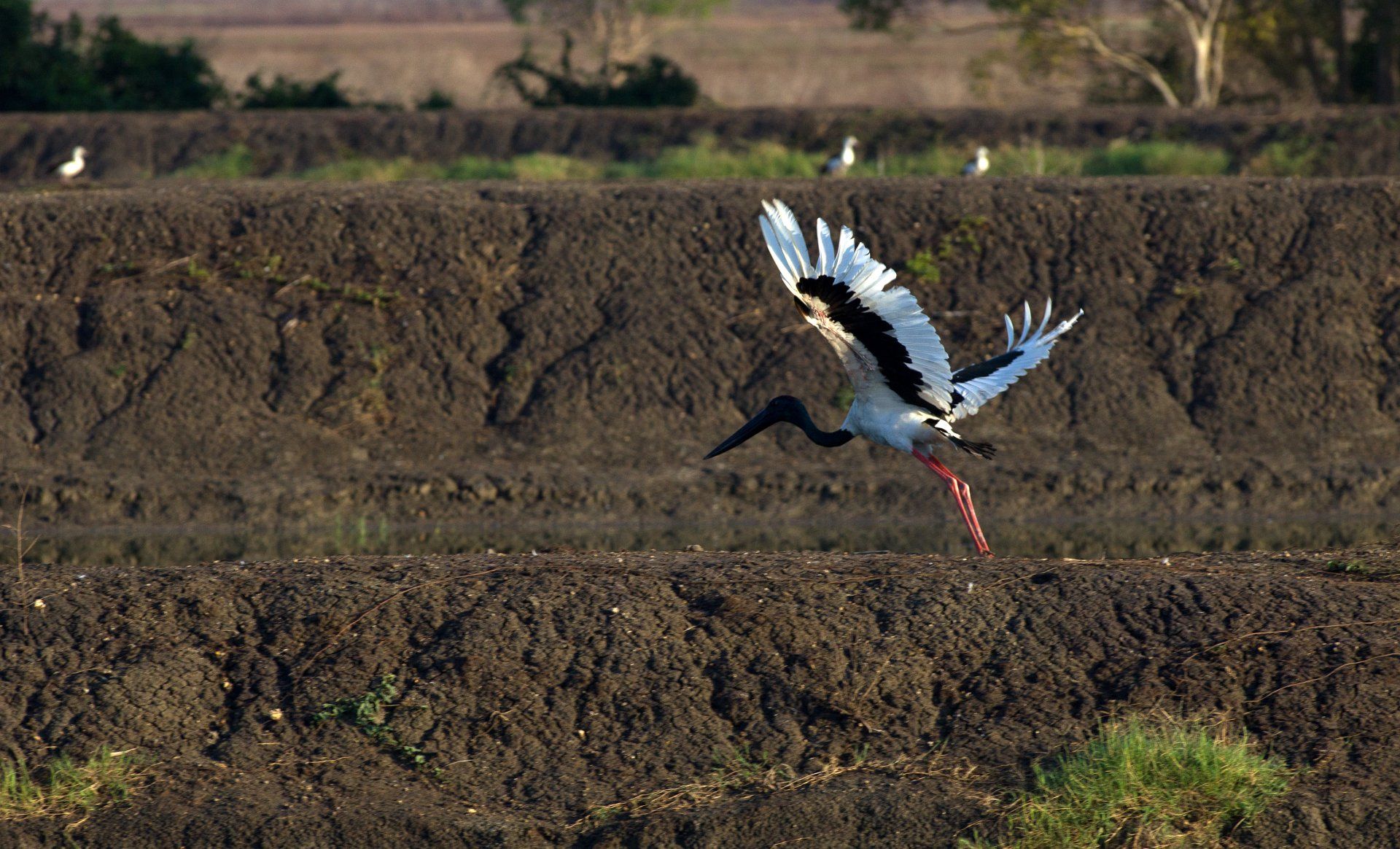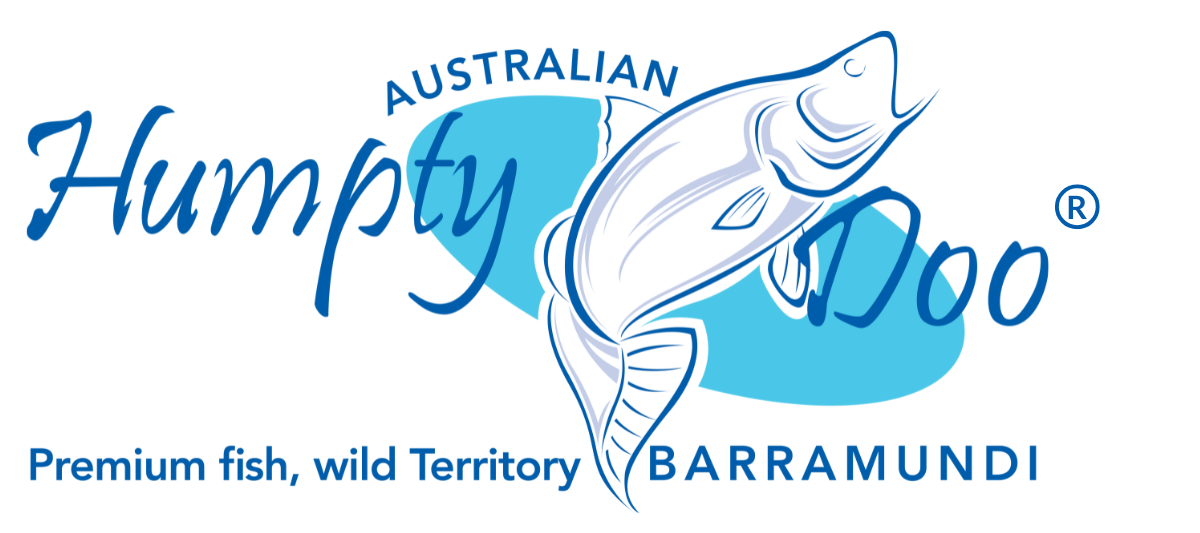Our Farm
Humpty Doo Barramundi is a 100% Australian family owned and operated farm located halfway between Darwin and Kakadu National Park.
Since 1993 we have nurtured our premium saltwater Barramundi on our family farm alongside the majestic Adelaide River in Australia's remote Northern Territory - the spiritual home of the Barramundi.
We aim to be Australia’s best provider of beautiful Barramundi with a passion to always do better while demonstrating our genuine care for and commitment to our people, environment and partners.
Sustainable wetland system
We pride ourselves on our rigorous environmental systems, reducing our water discharge to almost nil through our award-winning saltwater wetland system. The wetland system uses natural grasses to clean the water for recirculation through the farm, delivering optimum quality water for high quality Barramundi while protecting the unique environment around us. Find out more about our environmental credentials
and our Environmental Protection Licence.
History and growth
Humpty Doo Barramundi is on a journey that began as a pioneering Barramundi farm back in 1993. Our annual harvest has grown from 300 kilograms in our first year of sales to over 6000 tonnes of Barramundi per year.
This journey is a continuous improvement process of research, trial and error, and passion from our unique team of people which has led to recognition as a premium producer of a great quality Barramundi.
Early investment in Barramundi growth has seen the development of technologically advanced hatchery processes and fingerling nurseries, leading to a healthier, happier Barramundi.
North Australia Infrastructure Facility
The journey continues with loans from the North Australia Infrastructure Facility (NAIF) and ANZ bank to assist Humpty Doo Barramundi to develop our vision for this Australian family owned and operated farm to be the best provider of beautiful Barramundi while demonstrating our genuine care for and commitment to our people, environment and partners.
We will become a world leading Barramundi farm, utilising technological advancement with increased opportunities for training and employment in Northern Australia in aquaculture, one of the world’s fastest growing industries.
